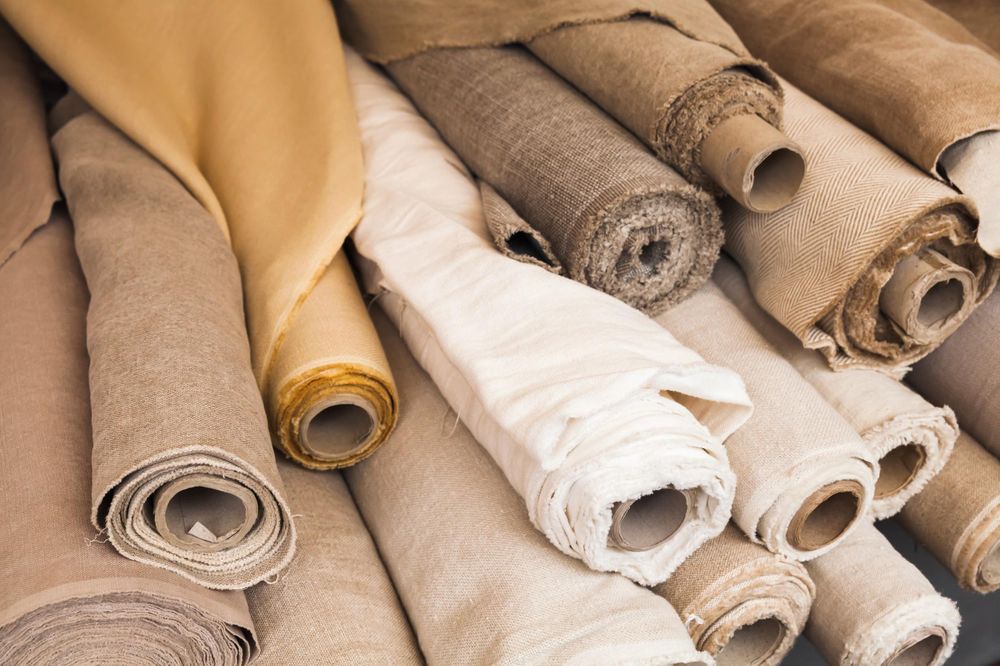The fashion industry transforms as sustainability takes center stage in response to environmental concerns. Traditional fast fashion, notorious for its resource-intensive processes and quick turnover of trends, has long been criticized for its negative impact on the planet. As awareness about climate change and environmental degradation grows, many consumers turn to more eco-conscious alternatives, demanding greater responsibility from the brands they support. In response, several fashion labels have embraced sustainability, offering eco-friendly options without sacrificing style. These brands lead the eco-friendly revolution, proving that fashion can be beautiful and kind to the planet.
The Rise of Sustainable Fashion
Sustainable fashion refers to clothing, accessories, and footwear produced with minimal environmental impact, using eco-friendly materials and ethical practices throughout the supply chain. A growing consumer preference for transparency, ethical labor practices, and environmental responsibility drives the rise of sustainable fashion. Consumers are becoming more conscious of the lifecycle of their clothing, from production and materials to disposal, and they are increasingly opting for brands that align with their values.
As the demand for sustainability grows, several fashion brands have set new standards for eco-friendly production, helping pave the way for a more sustainable future in the fashion industry.
Patagonia: A Pioneer in Sustainability
One of the most well-known pioneers of sustainable fashion is Patagonia, the outdoor apparel company that has long been at the forefront of eco-conscious initiatives. From using recycled materials in its clothing to promoting fair labor practices, Patagonia has built a strong reputation for environmental activism. The brand’s commitment to sustainability is evident in its dedication to using organic cotton, recycled wool, and down-sourced from certified humane farms. Patagonia has also launched numerous initiatives, such as its “Worn Wear” program, which encourages customers to buy used items and repair old garments rather than new ones. Patagonia leads by example by promoting the circular economy, showing businesses can thrive while minimizing their environmental footprint.
Stella McCartney: Luxury with a Conscience
Stella McCartney, one of the fashion industry’s most high-profile advocates for sustainability, has made eco-friendly luxury fashion a reality. Known for her commitment to using cruelty-free materials and avoiding leather, McCartney has become a trailblazer in promoting ethical fashion within the luxury market. Its collections use sustainable fabrics such as organic cotton, hemp, and recycled polyester. Furthermore, Stella McCartney is committed to reducing waste through innovative designs and practices prioritizing longevity and durability. The designer’s advocacy for ethical practices extends beyond just her brand; she consistently challenges the fashion industry to adopt more sustainable practices and is an outspoken advocate for animal rights and environmental protection.
Reformation: Fashion with a Focus on Waste Reduction
Reformation, a women’s fashion brand based in Los Angeles, is making waves in the sustainable fashion movement by focusing on waste reduction and eco-friendly materials. The brand’s mission is to create stylish, high-quality clothing using sustainable practices, and it is transparent about its production process. To minimize waste, Reformation uses vintage and recycled fabrics, including deadstock materials. The brand also prioritizes eco-friendly materials such as Tencel, organic cotton, and recycled polyester. Reformation’s commitment to sustainability also extends to its production practices, as the company works to reduce water and energy usage and offset carbon emissions. Reformation’s approach shows that creating trendy items while adhering to sustainable principles is possible.
Allbirds: Sustainable Footwear for the Modern Consumer
In the footwear sector, Allbirds is leading the way with its commitment to using sustainable, natural materials. Known for its comfortable and stylish sneakers, Allbirds produces shoes using materials such as merino wool, eucalyptus tree fiber, and sugarcane, all renewable and eco-friendly. The company has also taken steps to minimize its carbon footprint by offering carbon offset programs and improving the sustainability of its manufacturing processes. Allbirds’ transparency about its environmental impact and the materials it uses has earned the brand a loyal following among eco-conscious consumers. Allbirds proves that sustainability doesn’t have to come at the expense of comfort or style.
The Future of Sustainable Fashion
The success of these brands is part of a more significant trend within the fashion industry that shows no signs of slowing down. As sustainability becomes increasingly important to consumers, brands are being held accountable for their practices, from sourcing raw materials to reducing waste in production. The growth of second-hand markets, clothing rental services, and upcycling initiatives further reflects the shift towards more sustainable consumption habits.
The eco-friendly revolution in fashion is far from over. With continued innovation and consumer demand, more brands will likely join the ranks of those leading the way sustainably. The movement toward ethical production, eco-friendly materials, and circular fashion practices is not just a passing trend; it is the future of fashion. By supporting these sustainable brands, consumers can be part of a more significant movement to create a more ethical and environmentally responsible fashion industry.







Leave a Reply